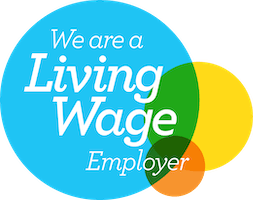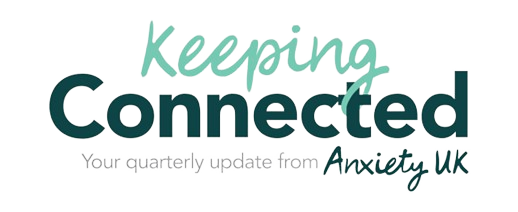Admitting I have OCD changed my life – a personal story
by Hannah Bourne-Taylor
The first time I had a proper conversation with a stranger about my own experience with OCD was on Radio 4’s Saturday Live, last month. I sat in Broadcasting House in front of chunky red microphone next to the brilliant quiz-genius Paul Sinha and chatted about my newly released nature memoir Fledgling, live on air. That’s why I was there – to explain in more detail the story of my memoir that went viral through the international headline ‘woman let baby bird nest in her hair for 84 days’. Any chance I get to express my love for a tiny wild finch who I rescued, raised, and eventually reunited with his wild family in rural Ghana, is fun. It fills me with love, joy and pride. Talking about OCD however was something I never thought I would do. Ever. But when I included it in my memoir, talking about it became inevitable, I just wasn’t expecting my debut confession to be live on Radio 4. It was a massive moment. I had spent twenty five years not telling anyone about my OCD, a secret I assumed I would take to the grave, only admitting it to myself a few years ago.
I developed OCD when I was a child and for over 25 years, I had never had a conversation with anyone about it, not even my husband or parents. I was deeply ashamed of it and because I hadn’t known about the disorder until my mid twenties, I worried people would lock me away. I didn’t understand it, nor did I understand that others suffered in their own ways too. The OCD’s power was bigger because of this isolation and fear, holding my mind hostage with this threat of confession.
I hid the crippling compulsions and they evolved over time. Throughout childhood I ensouled pretty much everything, spending hours doing things like turn tins of beans the right way up because the text was upside down and to my OCD-ravaged mind, that translated into the tin suffering, of the text suffering, of an ongoing alarm in my head until I turned the beans the right way up. As soon as I had rectified the situation and ‘saved the beans’, my OCD would search, find, and latch onto something else. Shoelaces trapped under shoes, pen lids off pens, teddies upside down. I’d creep around my house at night checking everything, doing the same thing at school. Once I discovered lights on in empty rooms and taps running, or televisions and washing machines on, blinking, blinking, blinking, fans whirring, air conditioning units rumbling, my mind was ablaze. I’d make excuses, lie, deceive, to get into places to check. If I couldn’t, my hands would start sweating as I received a punishing rush of adrenaline I didn’t know what to do with. Then my mind would start attacking itself. It still does. I haven’t managed to rid myself of all of my compulsions. I don’t think I ever will. But admitting it helped me. So did the tiny wild finch I shared my life with.
The finch needed me to stay in the moment with him, to be his eyes and ears – his life depended on it. I spent months with him sitting on my shoulder or my hand, flying back and forth from me as we followed his wild family flock through the grasslands of rural Ghana where we lived. As a small bird he lived his life on the bottom rung of the food chain – a flying snack for bigger creatures, so we both had to stay alert all the time. I could not leave him to check things, could not lose my focus to worry or think about anything else. He taught me how to embrace a mindfulness that stopped my mind clogging up and brimming over with worry, to engage in the present, connect with nature and let go of anxiety. I learnt that even being able to do that for a moment helps and that those moments can be found in nature. Bird watching, bee watching, pond watching. Noticing wildlife shifts perspective, grabs attention, injects wonder. And those things give me space from my OCD like a form of time-out. Once I unlocked this pursuit of creating space between me and my OCD, instead of being relentlessly under its spell, the space was easier to achieve. Admitting the secret was the first step. That first terrifying step changed my life, the weight of the secret instantly vanishing and with it, the OCD had less of a hold on me. Admitting it to myself was to confront it. Confronting it felt empowering, and talking about it to other people, even on live radio, did not feel vulnerable. It felt liberating.
Anxiety UK offer CBT and other forms of talking therapy, more details here
The views expressed by the contributor are not necessarily those of Anxiety UK, nor can we guarantee the accuracy of the information provided. If you would like to write a blog for AUK please email [email protected] for more information.







